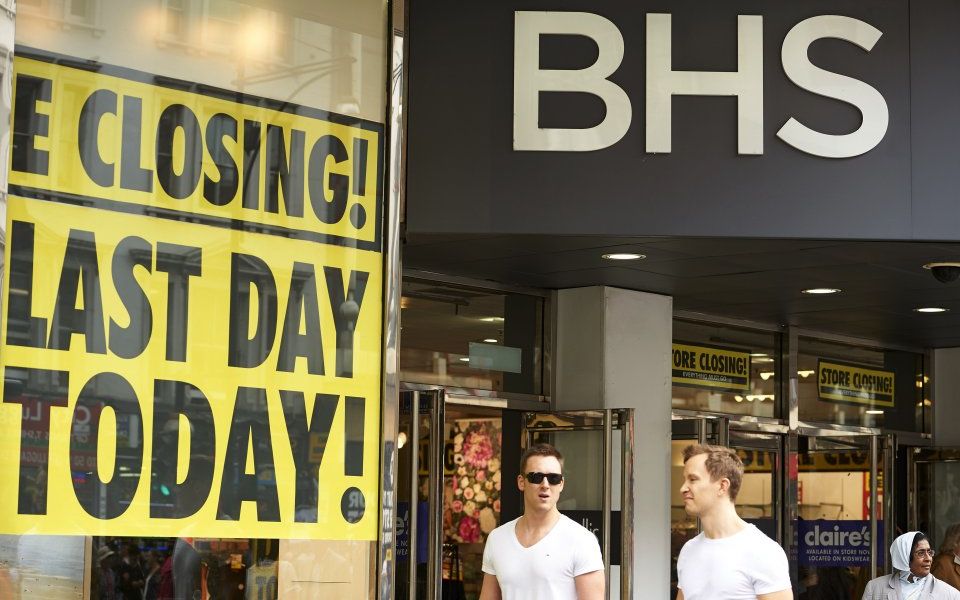PwC slammed for ‘inadequate’ checks on BHS

Auditing giant PwC has been slammed for multiple failings in its checks on BHS in the days before it was sold for a pound, only a year before the retailer collapse into administration.
The firm carried out “inadequate” work on the business, with individuals being “too close to the management”, the Financial Reporting Council has said in a damning report, published after pressure to detail the eight allegations of misconduct that prompted a series of fines made earlier this year.
PwC was fined a record £6.5m, while former partner Stephen Denison was forced to pay £325,000. Denison was also banned from auditing for 15 years.
One of the main criticisms within the report was his failure to properly assess whether BHS was a going concern at the time of the deal.
“They failed altogether to discharge these responsibilities,” the report said, highlighting the retailer’s “significant net liabilities”, loss-making stores and its pension deficit as red flags that were missed or ignored.
“[The auditors] failed to gather any audit evidence on which to conclude that the going concern assumption was appropriate,” the report added. “Based on the audit evidence obtained, they should have concluded that a material uncertainty existed about BHS Group and BHS’s ability to continue as going concerns.”
Frank Field MP, who has been pushing for the report to be made public, described it as “devastating”.
He added: “The report describes the most incredible example of complacent audit rubber-stamping one could fear to imagine. No wonder Sir Philip Green and his fellow Taveta directors didn’t want this report ever to see the light of day… If Sir Philip and his fellow directors really do believe they had proper evidence that BHS was a going concern, then surely they will be happy to put that evidence in the public domain so that BHS employees, pensioners and creditors can judge for themselves.”
Field said his Work and Pensions Committee would scour the original report “to make sure that the independence of the regulator is protected from well-resourced plaintiffs who want to gag it.
“If material has been suppressed, we will want to look at whether it would be in the public interest to publish it”.
He has also written to Green asking him to publish the basis of the ‘going concern’ assessment.
A Taveta spokesman highlighted the fact the report was into PwC and Denison and “makes no criticisms of third parties, including Taveta or its directors or employees”, but argued that it had given “an incomplete and potentially misleading picture into BHS’s affairs”.
“As is widely known, Taveta provided significant financial support to BHS whilst it was under its ownership. However, the report fails to make any reference to the fact that Mr Denison was aware (as we understand he informed the FRC) that substantial assets would also be made available to BHS as part of any sale, which was ultimately the case.
“As we confirmed to the FRC, Taveta made available to BHS substantial cash, real estate assets and bank guarantees at completion of the sale which supported the business plan and allowed it to continue to trade. Therefore the report fails to accurately reflect the actual position, and as a result is unbalanced and potentially unfair to Taveta.”
PwC apologised for its work falling below the professional standards expected.
“This is unacceptable and we agreed the settlement recognising that it is important to learn the necessary lessons,” it said in a statement.